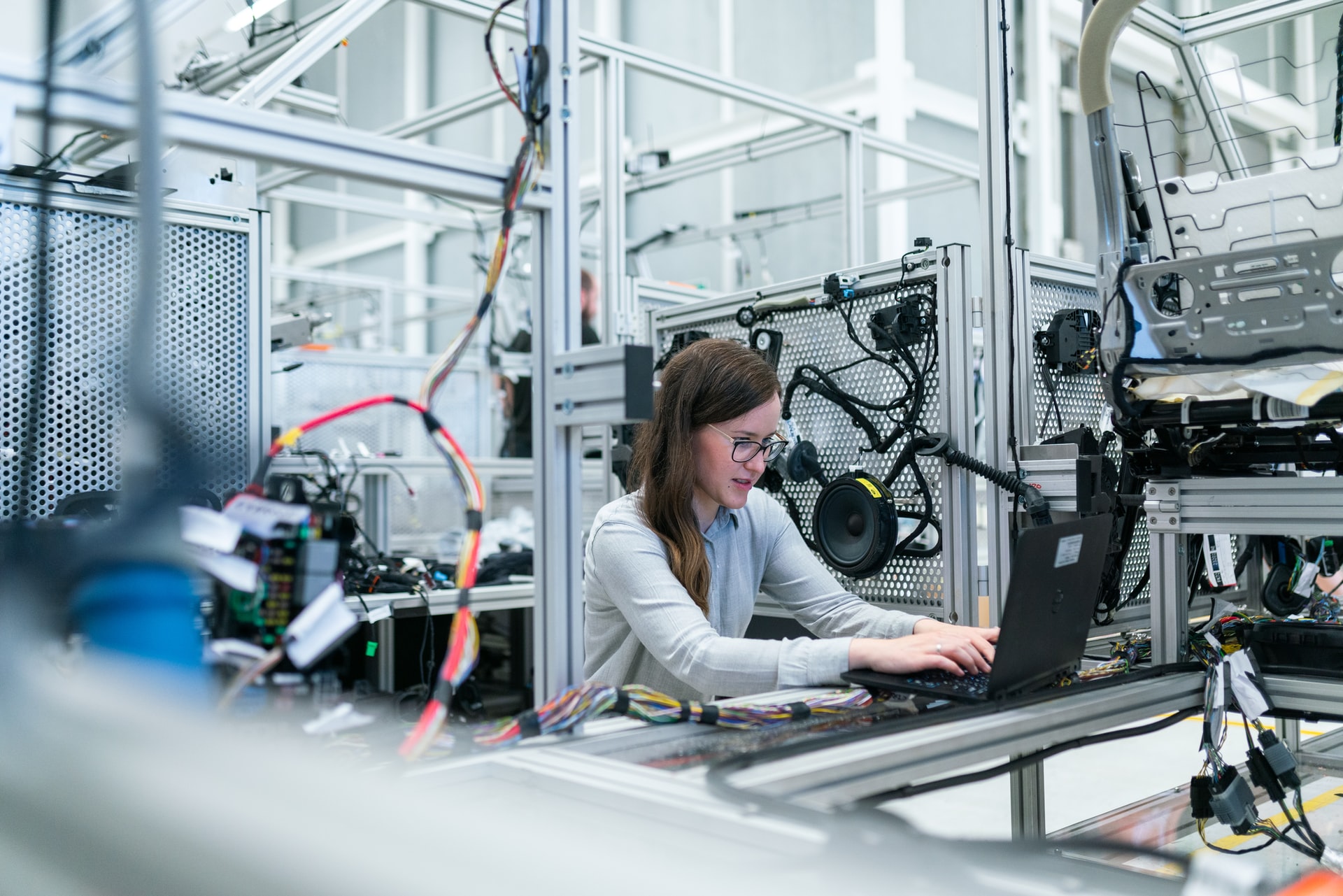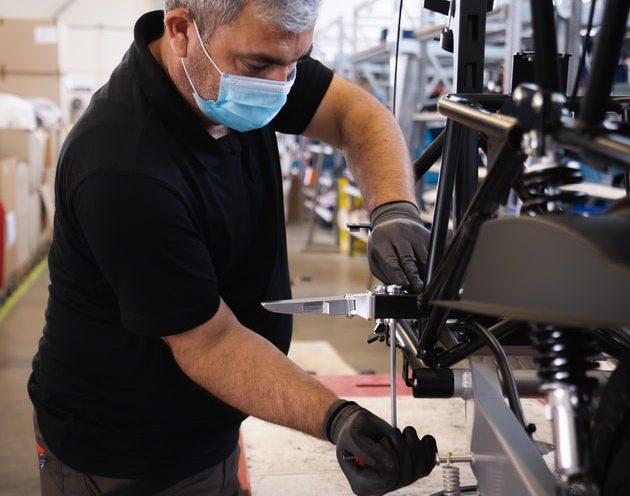- AI can help SMEs be more sustainable in many ways, from reducing energy use to optimising transport and logistics.
- Many applications have low or even no upfront costs. Systems are available on a subscription basis.
- More sophisticated applications can often be built with partners. Investment may be needed - but may qualify for “super deduction” tax relief.
Sustainability is a key focus for many SMEs – with a resounding 89% saying it was important to their business in a 2021 Lloyds Bank survey. And artificial intelligence (AI), until recently the preserve of large firms with specialist data teams, can now help SMEs achieve their sustainability objectives.
AI, a broad term that includes machine learning (ML), has connotations of a robotic future, not a green one. But for many firms, sustainability is about driving efficiency, and the latest AI tools can enable even the smallest firms to make their operations more effective.
For many businesses, reducing energy usage is an important first step. With rising energy prices, the case for investing in energy efficiency has never been stronger - and there are many off-the-shelf products and services that use AI to get energy usage as low as possible.
Whether it's controlling heating in offices, or energy use in an industrial process, they all 'learn' about energy usage patterns to minimise waste.


